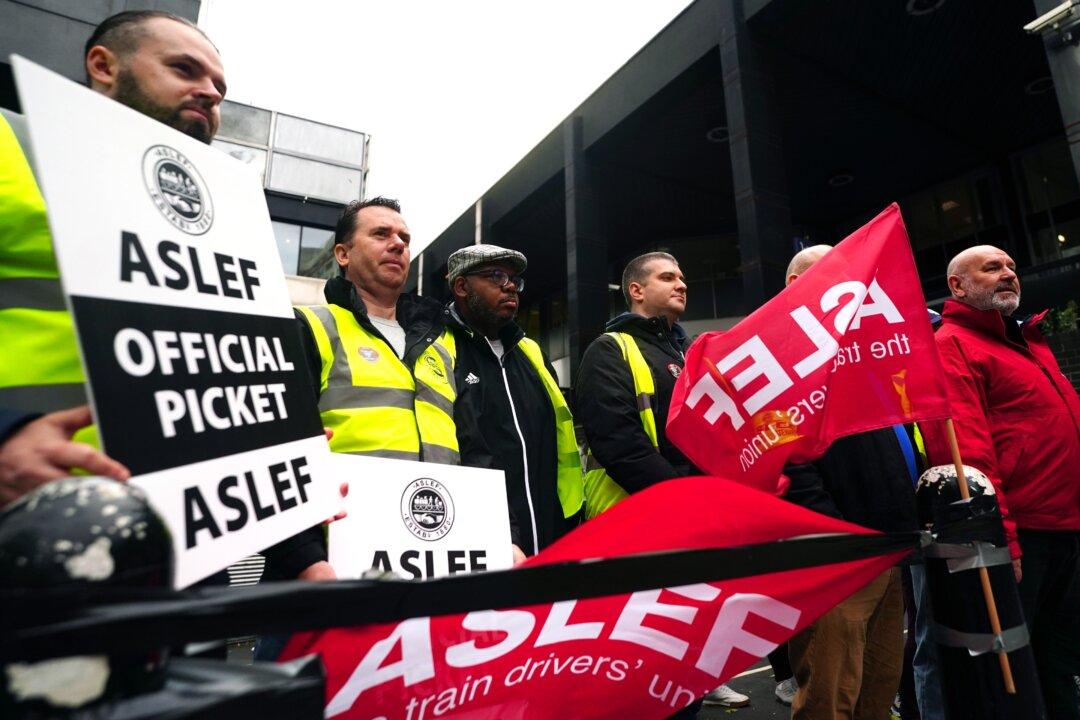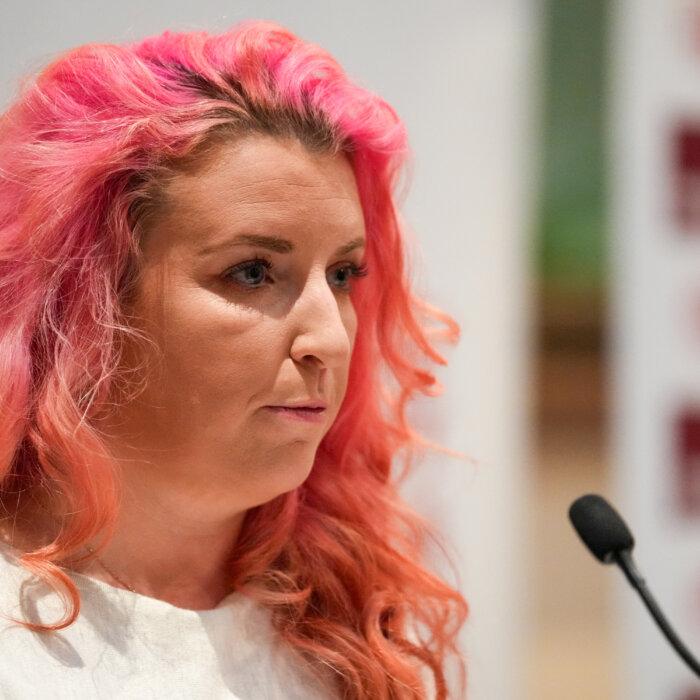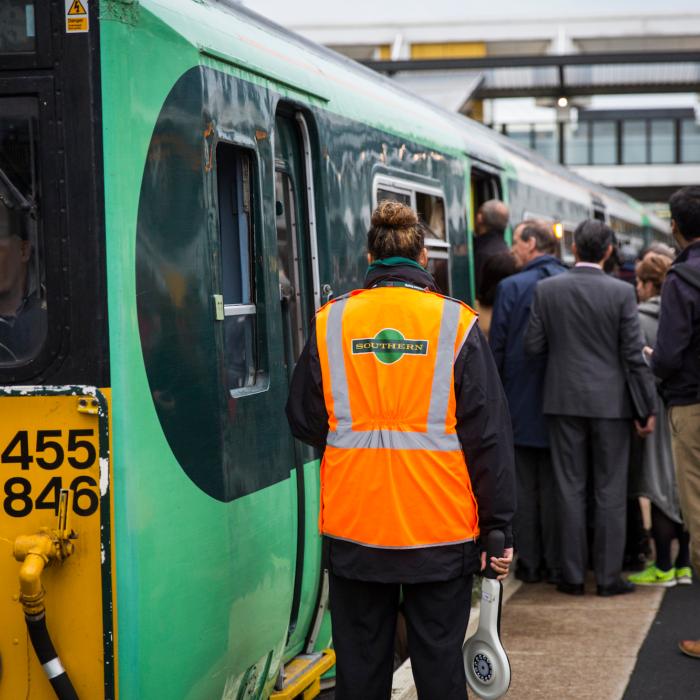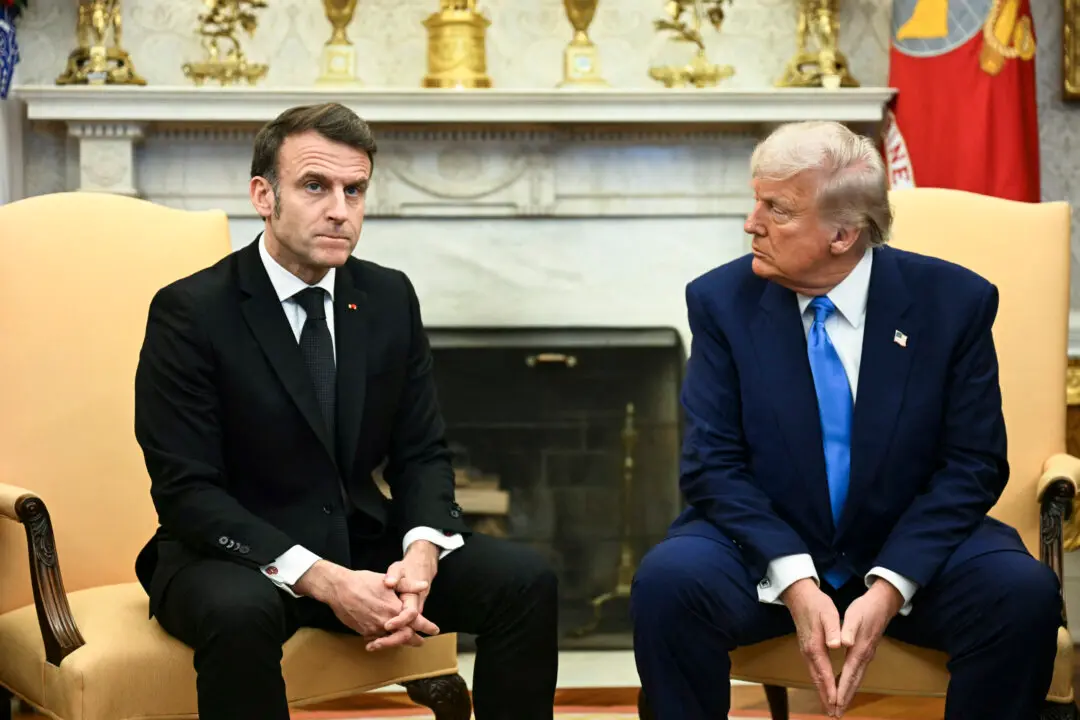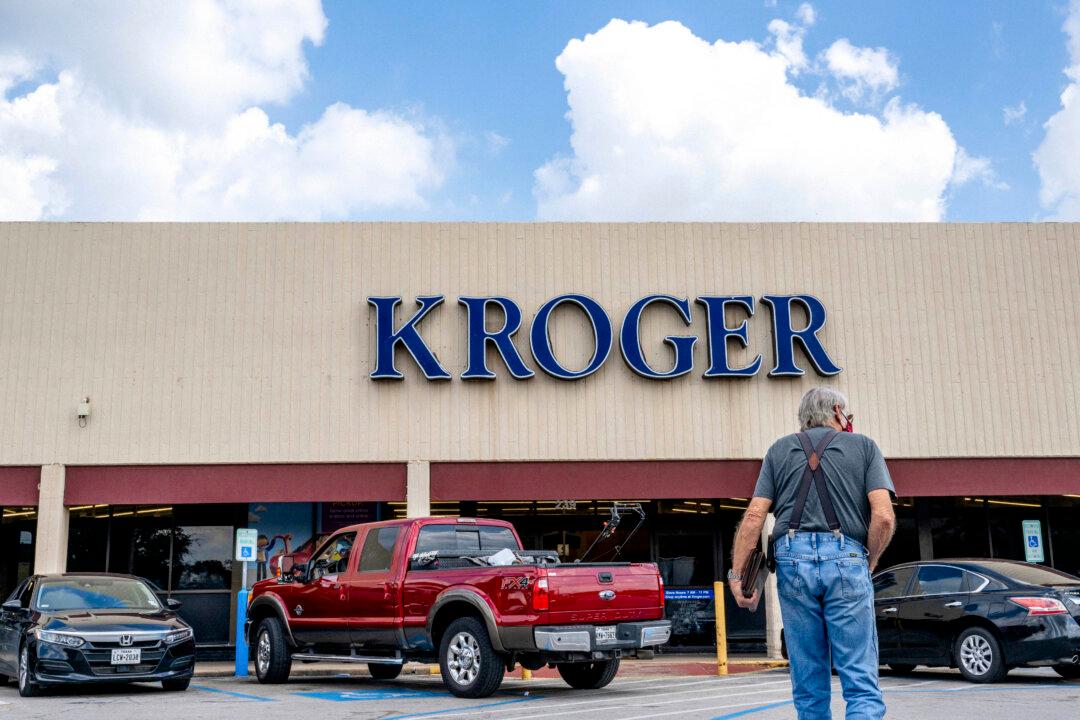Train drivers have accepted a pay deal offered by the Labour government, ending the long-running industrial dispute with rail companies.
Members of the ASLEF union greenlighted an offer by the Department for Transport (DfT) of 5 percent backdated pay rise for 2022–2023, a 4.75 percent rise for 2023–2024, and a 4.5 percent increase for 2024–2025.
The vote ends the two-year dispute at 16 train companies during which drivers took 18 days of strike action under the Conservative government.
Among the companies that saw 13,000 drivers go on strike in that period, are Great Northern, Thameslink, South Western Railway, Greater Anglia, and West Midlands Trains.
The long-running series of strikes have caused disruption to train services and the wider economy, affecting the hospitality and tourism sectors. In the financial year of 2022 to 2023 alone, strike action has been estimated to cost over £500 million in economic output owing to people not being able to work.
Trade bodies and transport watchdogs have welcomed the deal and said it will bring stability to economy and passengers.
“A resolution as we head towards the winter months and the critical ‘golden quarter’, when hospitality makes a significant chunk of its revenue around Christmas, was absolutely essential,” said Kate Nicholls, chief executive of UKHospitality, in a statement.
Breakthrough
ASLEF said that its members were pushed to strike to protect their “hard-won” salaries at a time of a cost-of-living crisis.“It was not a fight we sought, or wanted. All we sought was – after five years without a pay rise, working for private companies who, throughout that period, declared millions of pounds in profits and dividends to shareholders – was a dent in the cost of living,” said the union’s general secretary Mick Whelan in a statement.
The Conservatives argued that while all other unions had agreed on offered deals, ASLEF was the only union that wouldn’t settle. The change of leadership at Downing Street saw discussions renewed and led to a breakthrough.
Haigh has vowed not to make “the same mistake as the Conservatives, who deliberately prolonged disputes.” She said that the cost of not settling would significantly outstrip the cost of the agreed below-inflation deal.
“We are grateful that Louise Haigh, the Secretary of State for Transport, and the adults entered the room and sought an equitable way forward so that trains will perform and run in the interest of the passenger, of the taxpayer, and of those who work in and are dedicated to this industry,” said Whelan.
The deal comes amid Labour’s plans to transfer all rail networks into public ownership within its first term of government. Ministers want to fold existing private franchises into a new body as they expire.
The government’s rail reform would see the creation of a new public sector body called Great British Railways. It will take over Network Rail’s responsibility for rail infrastructure and award contracts to operate train franchises.
